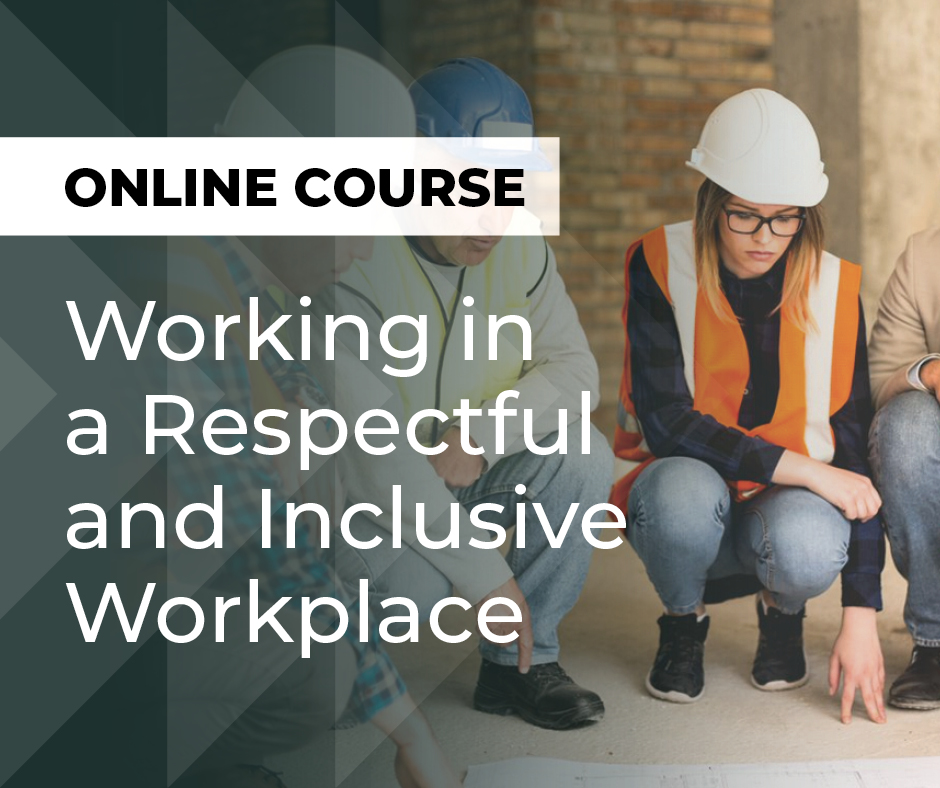
About
Ask yourself...
- Do you like working alone?
- Are you careful and patient?
- Do you have an eye for detail?
- Are you good with your hands?
- Could you work with precision tools and equipment?
- Are you coordinated and do you have good eyesight?
If the answer to these questions is yes, then a career as a Welder/Related Machine Operator could be right for you.
Welders operate welding equipment to weld ferrous and non-ferrous metal parts such as pipes, vessels, and other components used in construction or manufacturing. Welders may also add layers of metal to build up worn parts.
Related machine operators operate previously set up production welding, brazing and soldering equipment.
They are employed by construction companies, welding contractors and welding shops, or they may be self-employed.
Duties
As a Welder/Related Machine Operator, your duties may include:
- Operating manual or semi-automatic welding equipment to join metal parts
- Shaping metal parts
- Repairing worn metal products by welding on extra layers
- Reading and interpreting blueprints
Work Conditions
The standard work week for welders and related machine operators is 40 hours (8 hours a day, 5 days a week). As with many careers in construction, there are peak periods that will require you to work overtime. The number of additional hours you work each week depends on the construction sector and region you work in, and will vary from one job to the next.
As a Welder/Related Machine Operator, you may work outdoors on construction sites or indoors in production and repair shops. You will often work independently, but will interact with other construction professionals. Depending on your line of work, you may have to travel to remote job sites such as oil fields.
The job can be physically demanding – you may have to stand for long periods of time or work in awkward positions.
As with all careers in the construction industry, safety is the top priority. Welders and related machine operators are trained to work safely and wear special equipment to protect against injury.
Training and Certification
Apprenticeship
Apprenticeship involves both classroom studies and on-the-job training under the supervision of a certified Welder/Related Machine Operator, called a journeyperson.
As an apprentice, you earn while you learn and are paid by the hour while working on the job site. Wages start at about 60 per cent of a journeyperson’s hourly rate and increase during your apprenticeship until you reach the full rate.
Entering an apprenticeship program
Requirements for welder/related machine operator apprenticeship programs vary across Canada. In most provinces and territories, you must have a Grade 9 education or equivalent to enter the program.
Some provinces and territories offer secondary school apprenticeship programs that allow high school students to work towards a career as a Welder/Related Machine Operator.
Check out the apprenticeship section to learn more.
Program length
Apprenticeship training programs for welders/related machine operators vary across Canada, but generally involve three 12-month periods, including at least 4,680 hours of on-the-job training, three eight-week blocks of technical training and a final certificate exam.
Related work experience or completion of a welder/related machine operator program at a college or technical institute can reduce the time required to complete your apprenticeship.
Certification
Certification is required in Alberta, and is available but voluntary in most other provinces and territories. Where certification is not available, it may be possible to study as an apprentice through your local labour organization. Even where certification is voluntary, it is still recommended as it tells employers and other workers that you are a skilled professional, and it also helps you get jobs.
To be certified as a Welder/Related Machine Operator, you usually need to complete a three-year apprenticeship program. Once you successfully complete the required on-the-job training, technical training and exams, you are awarded a journeyperson certificate.
You may be eligible for certification in some provinces and territories if you have more than three years of on-the-job experience and some high school, college or industry courses in welding/related machine operation.
As a certified Welder/Related Machine Operator, you may attempt the Interprovincial Exam to qualify for the Interprovincial Standards’ Red Seal. With a Red Seal, you can work as a Welder/Related Machine Operator anywhere in Canada.
To keep their skills current, workers in this profession must keep up with new technologies by reading and speaking with others in their field.
Courses
Anticipated In-Demand Regions
- Nova Scotia
- Ontario - Eastern Region
- Ontario - Northern Region
Wage
 | ||
| Mid range $52,000 |  | High range $83,200 |
The “mid range” wage is based on the national “median” wage reported in the Job Bank career profile for this National Occupational Category (NOC): 7237
Note: Some career profiles may have more than one NOC code associated with them.








